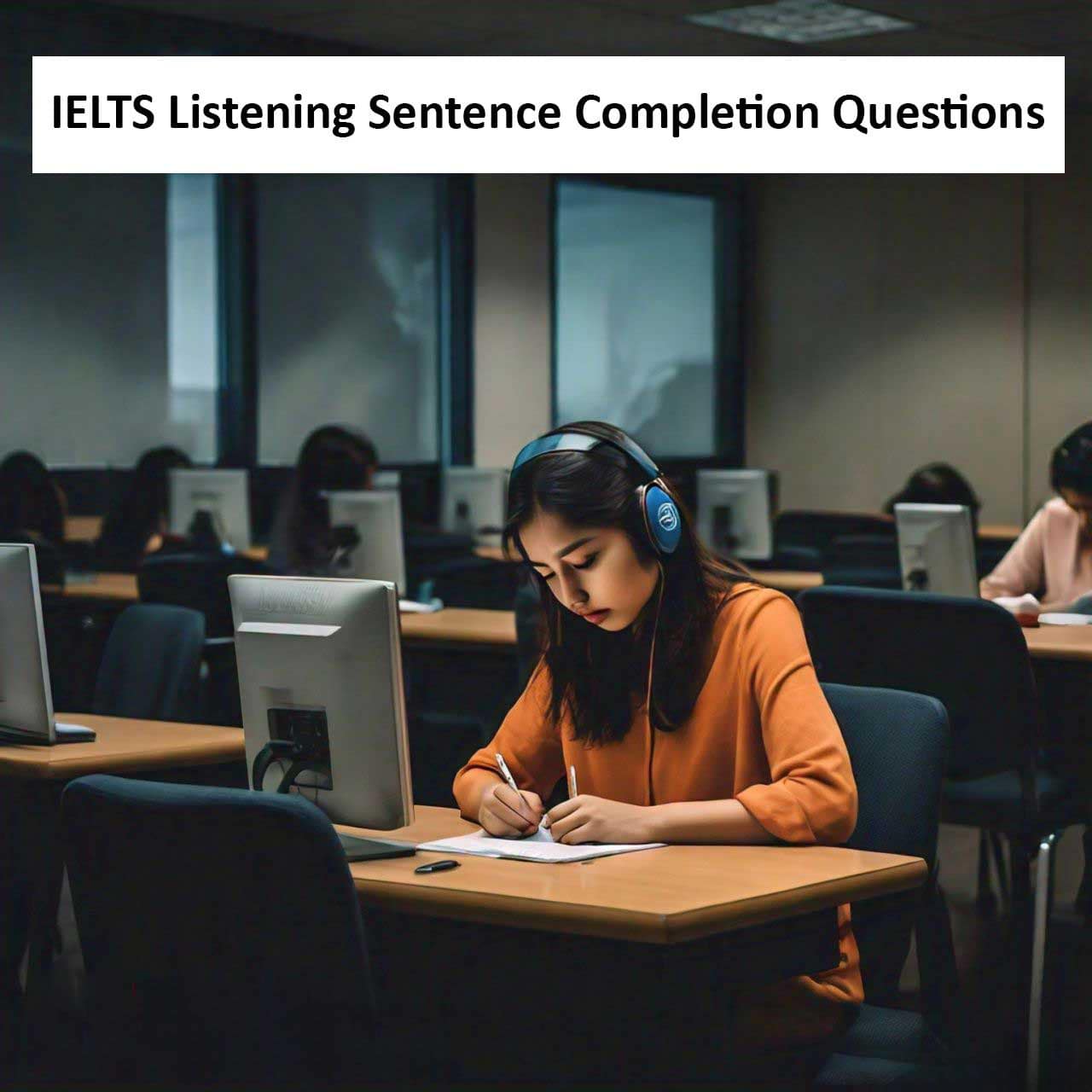In the dynamic landscape of the IELTS (International English Language Testing System) exam, the Listening section presents a unique set of challenges, including the presence of ambiguity in audio recordings. Coping with ambiguity—situations where information is unclear or open to interpretation—is crucial for success in this section. In this blog post, we’ll explore strategies to help you navigate ambiguity effectively and maximize your performance in the IELTS Listening test.
Understanding Ambiguity in IELTS Listening
1. Variability in Pronunciation: Speakers may pronounce words differently based on regional accents, speech patterns, or individual idiosyncrasies, leading to ambiguity in comprehension.
2. Unclear Audio Quality: Poor audio quality, background noise, or overlapping speech can obscure important information, making it challenging to decipher.
3. Multiple Meanings of Words: Some words may have multiple meanings or be used in different contexts, leading to ambiguity in interpretation.
Strategies for Coping with Ambiguity
1. Develop Active Listening Skills:
– Engage actively with the audio recording, focusing on extracting key information while listening for context clues, intonation, and emphasis.
2. Predict and Anticipate:
– Anticipate the direction of the conversation or the content of the audio recording based on contextual cues and your knowledge of the topic.
3. Use Contextual Clues:
– Pay attention to the surrounding context and use contextual clues to infer the meaning of ambiguous words or phrases.
4. Consider Paraphrasing:
– If you encounter a word or phrase that is unclear, try paraphrasing it in your mind based on the context and surrounding information.
5. Identify Signal Words:
– Look out for signal words such as “however,” “but,” or “in contrast,” which can indicate a change in direction or introduce new information.
6. Listen for Repetition or Clarification:
– If you miss or misunderstand a crucial piece of information, listen for repetition or clarification later in the recording.
7. Maintain Focus and Concentration:
– Stay focused and avoid becoming discouraged by ambiguity or uncertainty. Maintain a positive mindset and keep listening attentively.
8. Practice Active Note-Taking:
– Take active notes while listening to the audio recording, jotting down key points, keywords, and relevant details to aid comprehension and retention.
9. Practice Regularly:
– Regular practice is key to improving your ability to cope with ambiguity in IELTS Listening. Familiarize yourself with different accents, speech patterns, and audio recording styles through consistent practice.
10. Review and Reflect:
– After completing practice tests or listening exercises, review your performance and reflect on instances of ambiguity. Identify strategies that were effective and areas where you can improve.
Conclusion
Coping with ambiguity is a vital skill for success in the IELTS Listening test, allowing you to navigate challenging audio recordings with confidence and accuracy. By developing active listening skills, predicting and anticipating content, using contextual clues, considering paraphrasing, identifying signal words, listening for repetition or clarification, maintaining focus and concentration, practicing active notetaking, practicing regularly, and reviewing and reflecting on your performance, you can enhance your ability to cope with ambiguity effectively. Remember, with perseverance and practice, you’ll be well-equipped to tackle ambiguity in the IELTS Listening test and achieve your desired score.



